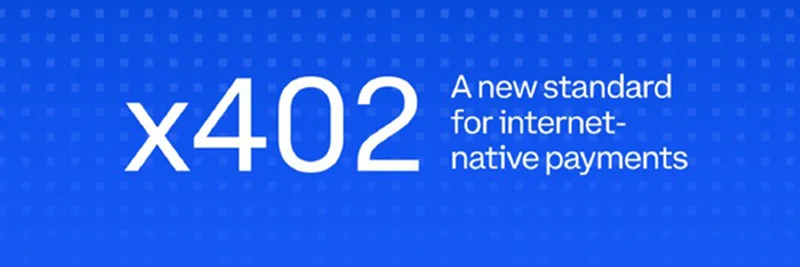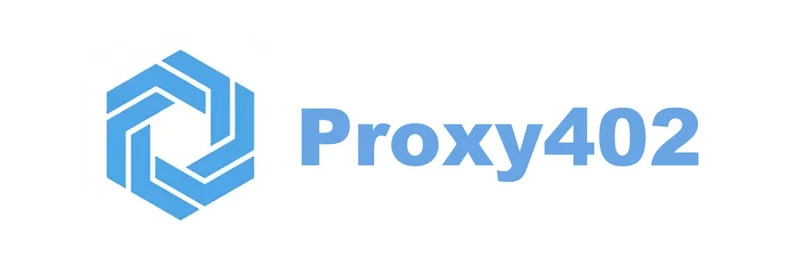In the fast-paced world of decentralized finance (DeFi), especially when trading meme tokens on platforms like Solana, one common frustration is slippage—that pesky difference between the price you're quoted and what you actually get. If you've ever hit "swap" only to end up with less than expected, you're not alone. A recent thread from Titan Exchange's cofounder and CTO, defipancakes (@defythepancake), breaks this down beautifully and explains how their platform tackles it head-on.
What Is Slippage and Why Does It Happen?
Slippage occurs during token swaps on decentralized exchanges (DEXs). Here's a simple breakdown: When you input the tokens and amount you want to trade, the backend calculates a quoted amount based on the current state of the blockchain—like liquidity pools and market conditions. Let's call this quoted amount Q, derived from a routing plan R and the on-chain state S, so Q = R(S).
But blockchain states change rapidly. By the time you sign the transaction, the state has shifted to S', and when it's actually executed, it's S''. The final amount you receive is Q'' = R(S''), which often differs from your original quote. That difference? Slippage. It's basically proportional to how much the blockchain state has fluctuated in that short window.
This is especially relevant for meme token traders, where volatility is sky-high, and even small delays can lead to big losses. Factors like network congestion or competing transactions amplify the issue, turning what should be a smooth trade into a gamble.
How Titan Exchange Fixes the Slippage Problem
Titan Exchange, a rising player in the Solana ecosystem, is laser-focused on minimizing these state changes (S'' - S) to deliver near-perfect execution. According to the thread, they achieve this through two main strategies:
Lightning-Fast Execution (Reducing S'' - S')
Titan optimizes for speed with tight compute unit (CU) limits and smart priority fees. They leverage top-tier infrastructure like Triton, Helius, Jito, Noz, and Galaxy to ensure transactions land quickly on the blockchain. In a network like Solana, where blocks are produced every few hundred milliseconds, this rapid processing cuts down on the time for state changes to occur post-signature.Real-Time Fresh Quotes (Reducing S' - S)
What sets Titan apart is their LiteSVM simulation suite, which constantly reevaluates quotes based on the latest blockchain state. This means your quotes update in real-time, reflecting current conditions more accurately. It allows Titan to compare routes from various providers on fresh blocks, spot bugs in over- or under-quoting, and account for any infrastructure lags.
The result? Slippage reduced to single-digit basis points (bps) across all providers. For context, one basis point is 0.01%, so single-digit bps means losses under 0.1%—a massive win for high-frequency traders or anyone dealing with volatile assets like meme tokens.
Why This Matters for Meme Token Enthusiasts
Meme tokens thrive on hype and rapid price swings, but slippage can eat into your gains or amplify losses. Platforms like Titan are pushing the boundaries of DeFi tech, making it easier for blockchain practitioners to trade efficiently without getting burned by hidden costs. As defipancakes notes, this isn't just about better quotes; it's about superior execution quality that tracks real-time market dynamics.
If you're active in Solana's meme scene, checking out Titan Exchange could level up your trading game. Tools like these are essential for staying ahead in a space where every second (and satoshi) counts.
For more insights on DeFi innovations and meme token strategies, stick around on Meme Insider—we're your go-to knowledge base for all things blockchain.




